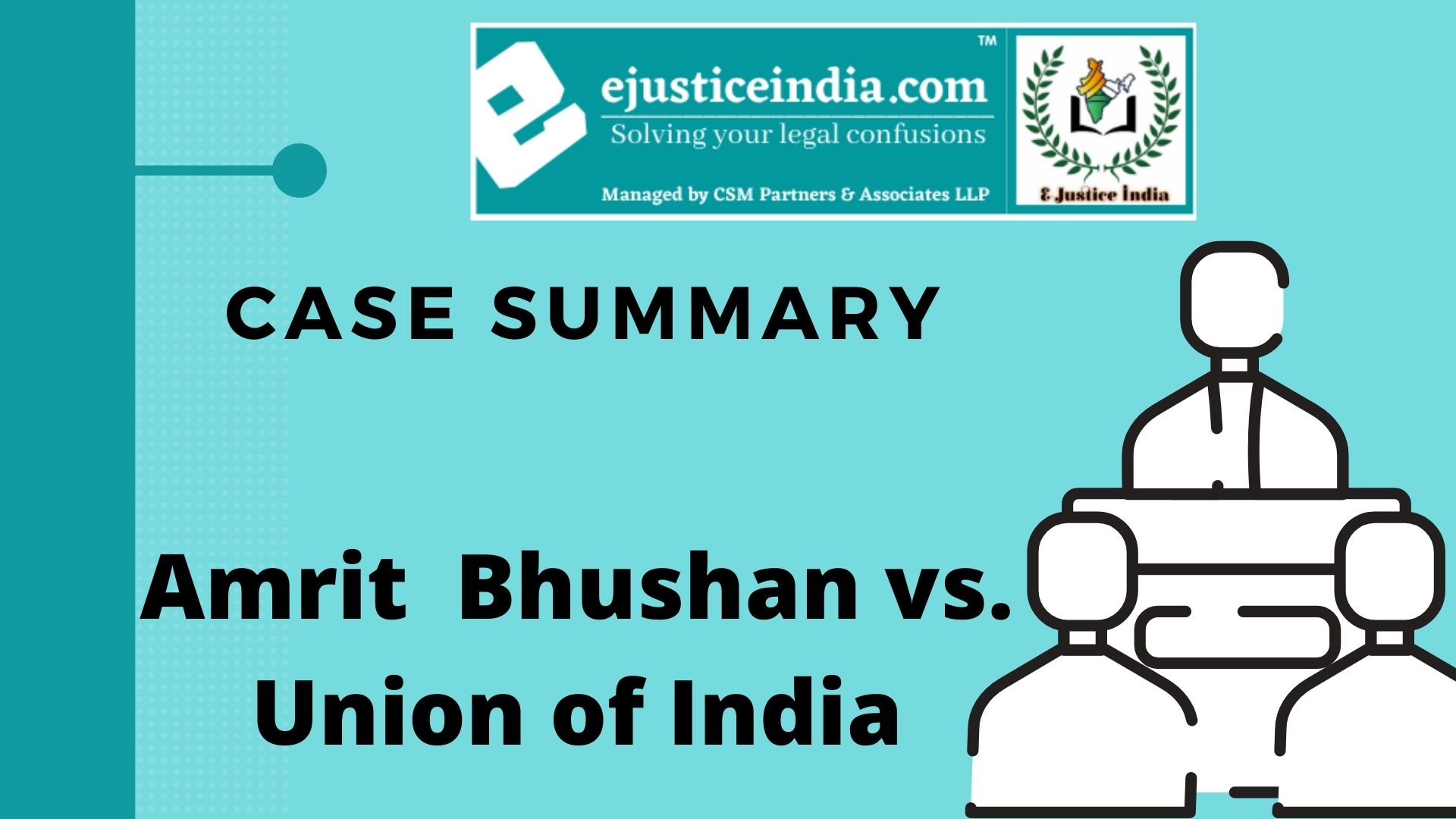Case Summary : ADAMSON V. JARVIS (1827) 4 BING.66:29 R.R 503
Author : TEJASVINI RAI
FACTS OF THE CASE:
In the case of Adamson versus Jarvis, Adamson was an auctioneer who was given cattle by Jervis. Here, the auctioneer was represented with the fact of principal that he was the real owner of the cattle as well as goods. The auctioneer was unaware of the fact that the principal had no right to sell the goods.
According to the fact, the principal had to sought an indemnity of auctioneer. Indemnification, in simple words is to compensate for damages. Indemnity is considered to be contractual agreement between two parties whereby one party agrees to pay for potential losses or damages caused by another party as per Section- 124 of the Indian Contract Act, 1872.
In this case, Jarvis was ordered to pay damages to Adamson. Adamson was entitled to recover the money he had to pay to the true owner of cattle as well as any expenses incurred by him. The obligation to indemnify is a voluntary obligation taken by the indemnifier. Adamson was allowed to follow the instruction and sold the cattle. But Jarvis was not the owner of the cattle.
The real owner of the cattle sued Adamson for conversion and he was successful in his case. Adamson had to pay damages and he then sued Jarvis to be indemnified for the loss that he suffered by way of damages to be paid to the real owner. Section -125 of the Indian Contract Act, 1872 comes into play when the indemnity holder is sued, that is under a specific situation.
ISSUES RAISED:
- Whether all the damages that indemnity holder have been compelled to pay in any suit in respect of any matter to which the promise if indemnifier applies?
- Whether Adamson was entitled to pay damages as he was completely unaware of the fact that Jervis is not the real owner?
JUDGEMENT OF THE CASE:
The Judgement of this case was that Jervis was ordered to pay damages to Adamson as he did not told the true fact about his ownership. It was held that the defendant was libel for loss of plaintiff and compel to compensate him as per Section-125 of the 2nd rule.
ANALYSIS OF THE CASE:
In this case, Adamson was entitled for the losses but afterward he can take the losses which was incurred to him from Jervis. A suit can be filed immediately upon failure of performance irrespective of actual loss. Contract of indemnity should have all the essentials like free consent, loss to one party, the legality of an object, etc. Promise to compensate a party in case of likely loss or promise to pay for the losses to the other or indemnification of the losses. Indemnity always works in losses not with profit.


